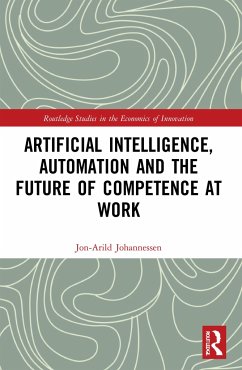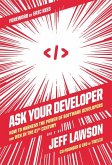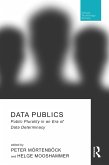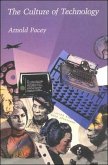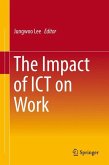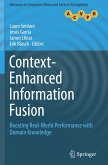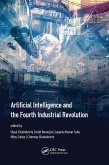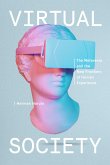Artificial intelligence and the autonomous robots of the Fourth Industrial Revolution will render certain jobs and competences obsolete but will also create new roles, which in turn require new sets of skills. They will also transform how we produce, distribute and consume, as well as how we think. Rather than a linear understanding of evolutionary processes, we will develop a more interactive and circular interpretation.
This book offers a unique and holistic perspective on the future of work in the context of industry 4.0. It discusses the globalization of capital markets, how artificial intelligence can help organizations to be more competitive and the new role of leadership in this technological landscape.
The author argues that there are four categories of competences, which will be required in order to maintain the relevance of human skills and expertise in the innovation economy. The new jobs that come into being will lend themselves to a particular setof skills. General competences will be necessary for roles involving the 4Cs of communication, creativity, collaboration and change. Specific or STEM competences will be called for across the science, technology, engineering and mathematics sectors. Human competences will lend themselves to positions comprising the SELC framework of social, emotional, leadership and cultural skills. Critical or REVE competences will be in demand for roles embracing reflection, ethics, values and the environment.
The book provides a human-centric view of the current technological advancements of artificial intelligence and robotics and offers a positive outlook for human actors seeking continued relevance. It will appeal to scholars and students of the innovation economy, the knowledge society and the coming Fourth Industrial Revolution.
This book offers a unique and holistic perspective on the future of work in the context of industry 4.0. It discusses the globalization of capital markets, how artificial intelligence can help organizations to be more competitive and the new role of leadership in this technological landscape.
The author argues that there are four categories of competences, which will be required in order to maintain the relevance of human skills and expertise in the innovation economy. The new jobs that come into being will lend themselves to a particular setof skills. General competences will be necessary for roles involving the 4Cs of communication, creativity, collaboration and change. Specific or STEM competences will be called for across the science, technology, engineering and mathematics sectors. Human competences will lend themselves to positions comprising the SELC framework of social, emotional, leadership and cultural skills. Critical or REVE competences will be in demand for roles embracing reflection, ethics, values and the environment.
The book provides a human-centric view of the current technological advancements of artificial intelligence and robotics and offers a positive outlook for human actors seeking continued relevance. It will appeal to scholars and students of the innovation economy, the knowledge society and the coming Fourth Industrial Revolution.

